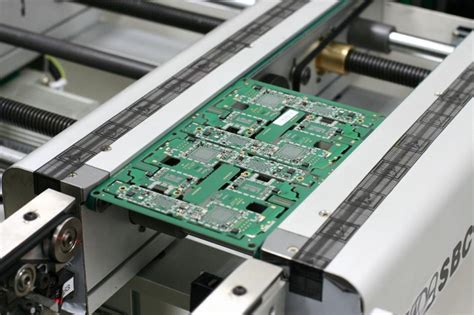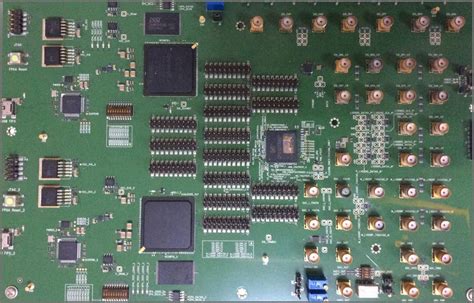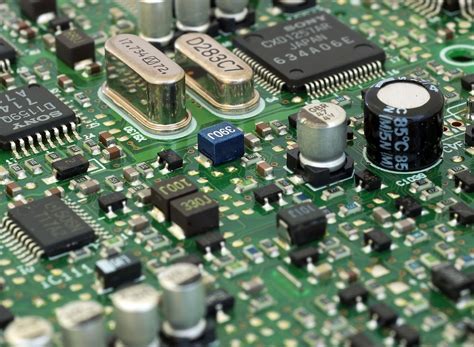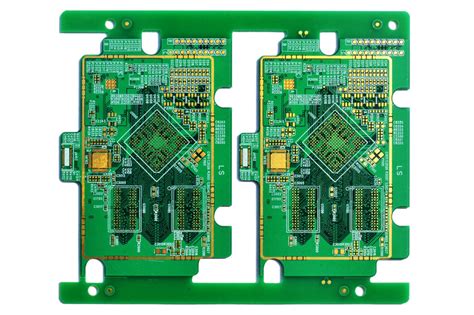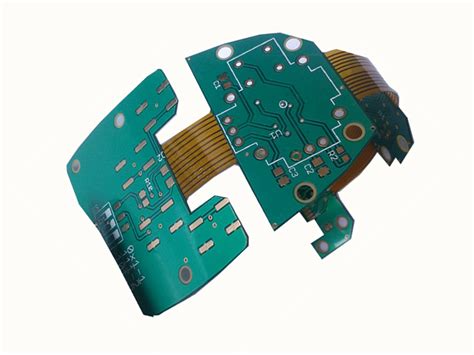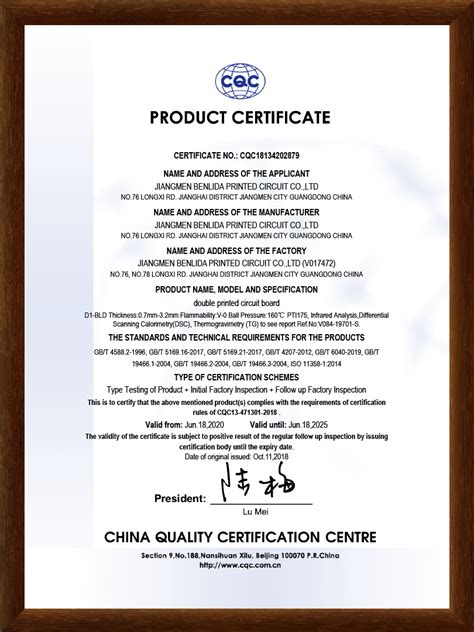Precision Fast Turn PCB Assembly for Urgent Production Needs
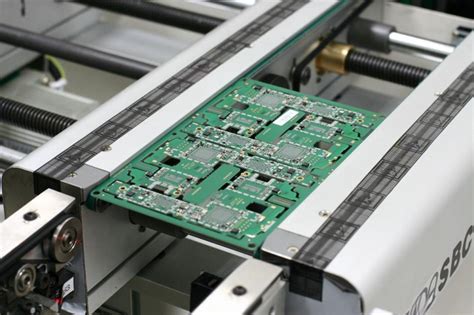
Key Takeaways
When managing urgent electronics manufacturing projects, selecting the right PCB assembly partner is critical. Fast turn PCBA services bridge the gap between rapid prototyping and high-volume production, enabling businesses to meet stringent deadlines without compromising quality. These solutions often integrate accelerated timelines with rigorous testing protocols, ensuring compliance with industry certifications such as ISO 9001 and IPC-A-610.
A key advantage of rapid PCB assembly lies in its adaptability. Whether scaling prototypes to full production or addressing last-minute design revisions, manufacturers leverage advanced machinery and 24/7 operational support to maintain momentum. The table below highlights core benefits of fast-turn services compared to standard timelines:
| Aspect | Standard PCBA | Fast-Turn PCBA |
|---|---|---|
| Lead Time | 10–15 days | 24–72 hours |
| Design Flexibility | Limited | High |
| Prototyping Support | Basic | Dedicated |
| Quality Assurance Checks | Standard | Enhanced |
By prioritizing precision assembly and real-time communication, suppliers minimize risks of delays while ensuring certified quality across batches. This approach not only streamlines workflows but also aligns with evolving market demands for agility in electronics manufacturing.
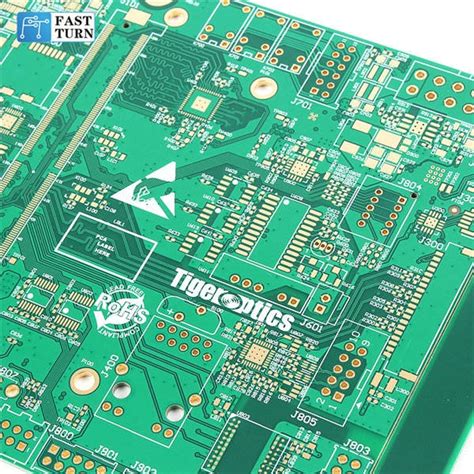
Fast Turn PCB Assembly for Urgent Projects
When time-sensitive electronics projects demand rapid execution, fast turn PCB assembly becomes a critical enabler of success. This service specializes in compressing production timelines without compromising precision, making it ideal for industries like medical devices, aerospace, or consumer electronics where delays can disrupt product launches. By integrating PCBA design validation, component sourcing, and automated assembly into a unified workflow, manufacturers reduce turnaround times to as little as 24–48 hours for prototypes.
Tip: For urgent orders, prioritize suppliers offering real-time progress tracking and dedicated engineering support to preempt bottlenecks in material availability or design revisions.
Advanced PCB assembly providers leverage high-speed pick-and-place machines and optical inspection systems to maintain accuracy even under accelerated schedules. Rigorous testing protocols, including in-circuit testing (ICT) and functional verification, ensure reliability despite the condensed timeline. Additionally, partnerships with global logistics networks enable expedited shipping, further aligning with tight deadlines.
For projects requiring scalability, fast turn PCBA services often support seamless transitions from prototype to mid-volume production, minimizing requalification delays. This flexibility is particularly valuable when iterative design changes arise during development phases.
As teams prepare for the next phase of prototyping, the integration of speed and precision in PCB assembly lays the groundwork for meeting even the most aggressive project milestones.
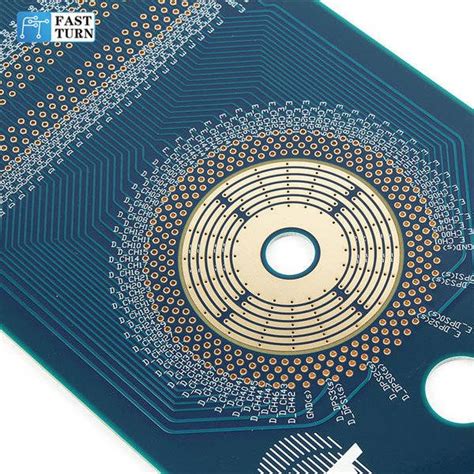
Rapid PCB Prototyping Solutions for Deadlines
Meeting tight deadlines in electronics manufacturing demands PCB assembly processes that prioritize speed without sacrificing accuracy. Time-sensitive projects often require rapid prototyping to validate designs before full-scale production, making PCBA (Printed Circuit Board Assembly) services with accelerated timelines critical. Advanced providers integrate automated assembly lines and streamlined workflows to reduce lead times from weeks to days, ensuring functional prototypes align with design specifications.
Key to this efficiency is the use of high-precision equipment for solder paste application, component placement, and inspection. By combining PCB assembly expertise with PCBA-specific testing protocols, manufacturers can identify and resolve potential issues early, avoiding costly delays. Crucially, modern solutions incorporate design-for-manufacturability (DFM) checks during prototyping, optimizing layouts for faster assembly and minimizing revisions.
For urgent deadlines, partnering with a PCBA provider offering 24/7 operational support ensures continuous progress, even during off-hours. This approach not only accelerates prototyping but also maintains compliance with IPC-A-610 standards, guaranteeing reliability in final products. Whether refining a prototype or scaling to production, aligning with a PCB assembly partner skilled in rapid iterations ensures timelines stay on track without compromising quality.
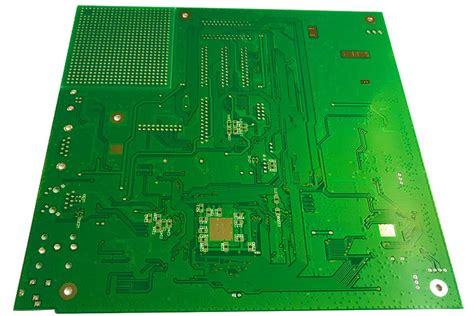
24/7 Accelerated PCB Assembly Support
In industries where timelines are critical, PCB assembly services offering round-the-clock operations provide a decisive advantage for projects requiring rapid execution. PCBA teams operating 24/7 ensure uninterrupted workflow coordination, from component procurement to final testing, enabling clients to address unexpected design revisions or sudden demand spikes without compromising delivery schedules. This capability is particularly vital for high-complexity prototypes or last-minute production adjustments, where delays can cascade into costly bottlenecks.
Advanced manufacturers leverage automated systems and cross-functional teams to maintain accelerated PCB assembly cycles, even during off-hours. Real-time communication channels allow engineers to resolve technical queries instantly, while streamlined logistics networks guarantee component availability. Certified processes such as ISO-compliant quality checks and DFM (Design for Manufacturability) reviews are integrated into night and weekend shifts, ensuring consistent output regardless of turnaround speed.
For businesses managing global supply chains, 24/7 support minimizes downtime between time zones and aligns with just-in-time manufacturing principles. By pairing fast-turn PCBA expertise with continuous operational readiness, companies can confidently navigate tight deadlines while maintaining the precision required for mission-critical electronics.
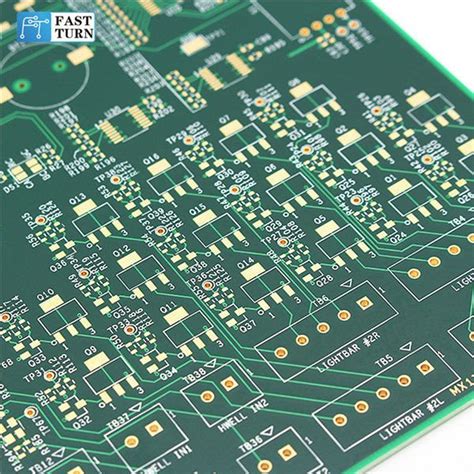
Certified Quality in Fast PCB Services
In high-speed PCB assembly workflows, maintaining certified quality is non-negotiable—even when timelines shrink. Leading providers achieve this by integrating ISO 9001 and IPC-A-610 compliance into every stage of PCBA production. Automated optical inspection (AOI) systems, paired with rigorous functional testing, ensure that accelerated processes never compromise reliability. For instance, traceability protocols track components from sourcing to final assembly, mitigating risks of defects in time-sensitive orders.
Transitioning seamlessly from prototyping to volume runs, these services leverage industry-certified soldering techniques and material validation to meet stringent performance standards. Real-time quality dashboards allow engineers to monitor production metrics, ensuring deviations are addressed before impacting deadlines. This approach not only aligns with fast turn PCB assembly demands but also builds trust in applications ranging from medical devices to aerospace systems. By prioritizing certified processes, manufacturers deliver boards that meet both urgent timelines and long-term durability requirements—proving speed and precision can coexist.
High-Volume Quick Turn PCB Production
Scaling PCB assembly to meet high-volume demands while maintaining accelerated timelines requires a specialized approach. Manufacturers leveraging PCBA services for bulk orders must balance speed with precision, ensuring consistent quality across thousands of units. Advanced manufacturing technologies, such as automated pick-and-place systems and inline optical inspection (AOI), enable rapid throughput without compromising reliability. Optimized workflows reduce bottlenecks, allowing production lines to seamlessly transition from prototyping to full-scale runs.
For industries like automotive or consumer electronics, where large batches are standard, partnering with a PCB assembly provider that offers inventory management and component sourcing guarantees material availability. This minimizes delays caused by supply chain disruptions. Additionally, certified processes (e.g., ISO 9001, IPC-A-610) ensure compliance with industry standards, even under tight deadlines. By integrating real-time monitoring systems, manufacturers can track progress and adjust workflows dynamically, ensuring high-volume orders meet both specifications and delivery windows.
Transitioning from low- to high-volume PCBA demands rigorous testing protocols. Functional testing and burn-in procedures are critical to identify potential failures early, reducing rework costs. This systematic approach not only accelerates production but also builds confidence in the scalability of fast turn PCB assembly solutions.
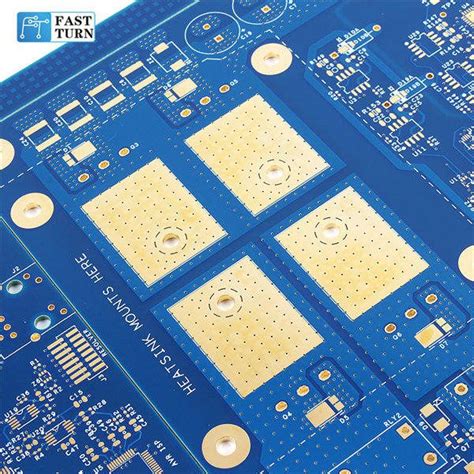
Precision PCB Assembly for Tight Deadlines
Meeting tight production timelines demands PCB assembly processes that prioritize accuracy without sacrificing speed. Modern high-mix, low-volume manufacturing environments require PCBA providers to balance rapid turnaround with meticulous attention to detail. Advanced automated optical inspection (AOI) systems and in-circuit testing (ICT) protocols ensure that even accelerated workflows maintain compliance with IPC-A-610 standards.
To achieve precision under pressure, manufacturers deploy design-for-manufacturability (DFM) analysis early in the process, identifying potential bottlenecks before prototyping begins. This proactive approach minimizes rework and aligns component sourcing with real-time inventory availability, critical for avoiding delays in fast turn PCB assembly. Additionally, surface-mount technology (SMT) lines equipped with high-speed pick-and-place machines enable micron-level placement accuracy, even for complex multi-layer boards.
For industries like medical devices or aerospace, where PCBA reliability is non-negotiable, accelerated timelines are supported by rigorous quality control checkpoints. Real-time data tracking systems allow engineers to monitor solder joint integrity and thermal performance during accelerated stress testing. By integrating these methodologies, PCB assembly teams can deliver mission-critical boards within 24–72 hours while ensuring zero compromise on precision.
Streamline Production with Fast Turn PCBs
Modern manufacturing demands require seamless integration of PCB assembly processes to maintain competitive timelines. By leveraging fast turn PCBA services, businesses can significantly reduce lead times while ensuring precision across prototyping and full-scale production cycles. These solutions eliminate traditional bottlenecks through advanced design optimization tools, automated assembly systems, and real-time project tracking—enabling teams to adapt swiftly to design revisions or sudden demand spikes.
A key advantage lies in the synchronization of high-volume PCB assembly with just-in-time manufacturing frameworks. Automated pick-and-place machines and AI-driven quality inspections ensure consistent output, even under accelerated schedules. Combined with around-the-clock engineering support, this approach minimizes downtime and accelerates time-to-market for critical projects. Furthermore, certified manufacturing processes guarantee compliance with industry standards, reducing the risk of rework.
For industries like automotive or IoT, where rapid iteration is essential, fast turn PCBA bridges the gap between concept validation and market deployment. This operational agility not only streamlines workflows but also enhances resource allocation, allowing companies to focus on innovation rather than logistical delays.
Expert Solutions for Rapid PCB Timelines
Navigating tight production schedules requires PCB assembly strategies that blend technical expertise with operational agility. For projects demanding accelerated timelines, streamlined workflows and cross-functional collaboration become critical. Advanced PCBA providers leverage domain-specific knowledge to preempt bottlenecks, from component procurement to final testing, ensuring each phase aligns with compressed deadlines.
A key differentiator lies in design-for-manufacturability (DFM) analysis, where engineers optimize layouts for faster fabrication without compromising reliability. By integrating automated assembly systems with precision PCB assembly protocols, vendors reduce cycle times by up to 40% compared to conventional methods. Real-time progress tracking further enhances transparency, allowing clients to adjust specifications dynamically.
For industries like IoT or automotive electronics, where rapid iteration is non-negotiable, PCBA specialists deploy modular production lines capable of scaling from 10 to 10,000 units within days. This flexibility is bolstered by certified quality frameworks—such as ISO 9001 and IPC-A-610 standards—that maintain compliance even under accelerated conditions.
Transitioning seamlessly into high-volume demands, these solutions bridge the gap between urgency and precision, ensuring every project meets both technical benchmarks and delivery expectations.
Conclusion
In today’s competitive manufacturing landscape, the ability to execute PCB assembly projects with speed and accuracy is no longer optional—it’s a necessity. Whether addressing urgent prototyping demands or scaling high-volume PCBA production, leveraging accelerated timelines without compromising quality ensures businesses stay ahead of market expectations. Modern fast turn PCB assembly services excel in balancing rapid turnaround with precision engineering, enabling industries to meet tight deadlines while adhering to certified standards.
By integrating 24/7 PCBA support and advanced manufacturing workflows, providers minimize bottlenecks and deliver consistent outcomes even under pressure. This agility is particularly critical for sectors requiring iterative design validation or last-minute design adjustments, where delays can disrupt entire supply chains. Furthermore, the scalability of quick-turn PCB assembly solutions ensures seamless transitions from low-volume prototyping to mass production, reducing time-to-market risks.
Ultimately, the strategic adoption of fast turn PCB services not only addresses immediate production needs but also strengthens long-term operational resilience. As technological demands evolve, partnering with experts who prioritize speed, quality, and responsiveness remains key to sustaining competitive advantage in electronics manufacturing.
Frequently Asked Questions
How quickly can PCB assembly services deliver completed boards?
Most fast turn PCBA providers offer 24-72 hour turnaround times for prototypes, with some supporting same-day production for urgent orders. Accelerated timelines depend on design complexity and component availability.
Does expedited PCB assembly compromise quality?
Reputable suppliers maintain certified quality standards (e.g., ISO 9001, IPC-A-610) even for rushed orders. Automated optical inspection and real-time production monitoring ensure reliability without sacrificing speed.
What design factors impact PCBA turnaround efficiency?
Standardized component libraries, clear BOM formatting, and panelization-friendly layouts enable faster processing. Providers often offer design-for-manufacturability reviews to preempt delays in high-volume quick-turn projects.
Can fast turn PCB assembly handle complex multilayer designs?
Advanced manufacturers combine automated placement systems with precision soldering techniques to manage 20+ layer boards within tight deadlines. 24/7 engineering support helps resolve technical challenges during accelerated builds.
How do costs compare between standard and expedited PCBA services?
While rush fees apply for timelines under 5 days, bulk orders often reduce per-unit costs. Many providers offer tiered pricing models that balance speed and budget for urgent production needs.
Explore Our Fast Turn PCB Assembly Services
For tailored solutions matching your project’s timeline and technical requirements, please click here: https://www.andwinpcb.com/pcb-assembly/.

